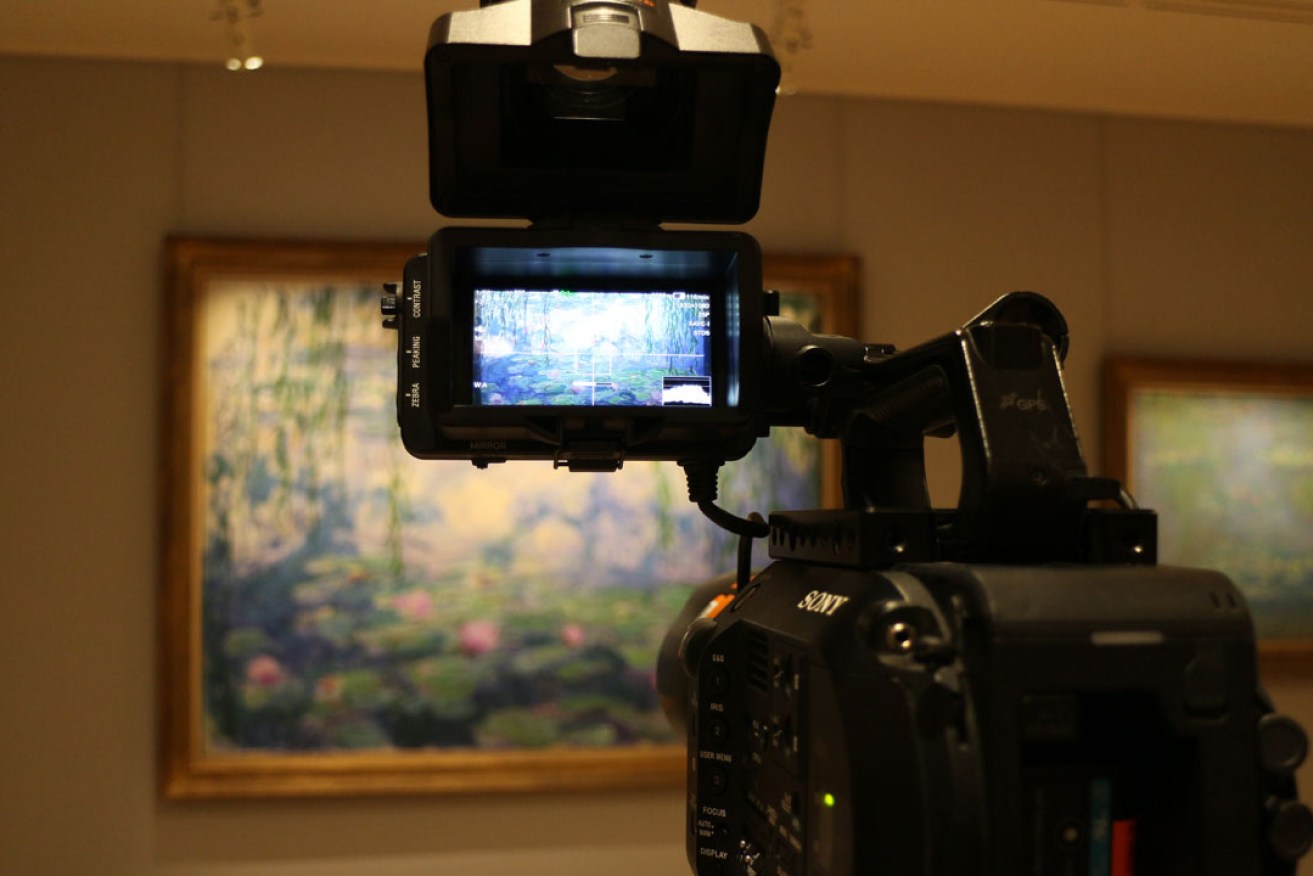Film review: I, Claude Monet
I, Claude Monet presents the human being behind some of the western world’s most admired and influential paintings.


Major exhibitions are one thing but it is a different matter to understand how such a driven character as Claude Monet pushed himself, through poverty and family deaths as well as encroaching blindness, in pursuit of his dedication to art.
This account is enlivened by the careful blending of Monet’s art with contemporary images of the sites he represented.
Documentary filmmaker Phil Grabsky has done marvellous work to bring key elements of the celebrated artist’s life story to the screen by combining his works with words taken from some 3000 letters. Henry Goodman’s narration of these as Monet is nuanced, with an appropriate sense of weariness, joy or sadness, and of ageing as he nears the end of his life.
Even huge contemporary respect for a master-painter is no guarantee of an interesting, underlying story, but Monet’s life was one plagued for many years by poverty, an uncertain regard for his work, and constant doubt about how he could survive financially.
The excerpts from the letters enrich our understanding of an often difficult life, providing a background that puts his achievements into stark relief. For instance, his writing tells how dire things were when his first wife was severely ill and he could not afford medicine for her treatment. Later, they recount reactions to her death and, much later, his son’s.
Monet’s comments on his declining sight and the results of an operation on his eyes have extra impact for being in his own words. He says:
My head is bursting. I want to paint it all.
He was never satisfied, working on as many as 16 canvasses at once when changing light drove him to try capturing its different effects on the scene before him. He also said that “anyone who claims he has finished a painting is arrogant”.
If I, Monet has any deficits, it may be that it tends to gloss in places, leaving questions over periods in Monet’s life, but there is much to be covered here and something has to be left out. Perhaps that is more a sign of intrigued interest on the part of this viewer than dissatisfaction.
Overall, the documentary is a welcome balance to blinkered public devotion to Monet’s images, offering a human dimension and an insight to one artist’s personal suffering before — in this case — his belated recognition and reward.




